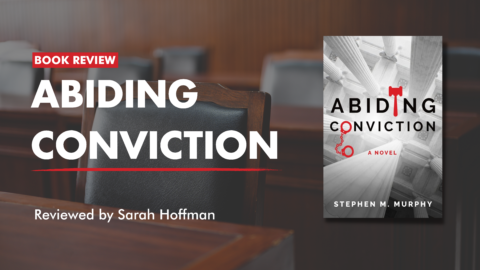How are San Francisco’s solo and small firm lawyers handling the coronavirus pandemic from a business and personal standpoint? To find out, we interviewed—at a social distance, of course—a handful of lawyers across several practice areas. Our aim was to provide a snapshot of their work-at-home life during the first months after shelter-in-place orders went into effect in mid-March. Some were working remotely before the crisis. Others quickly retooled to be able to work at home and are now trying to imagine life back in an office again. Here, they share lessons, opportunities, and successes. The interviews have been condensed and edited for clarity.
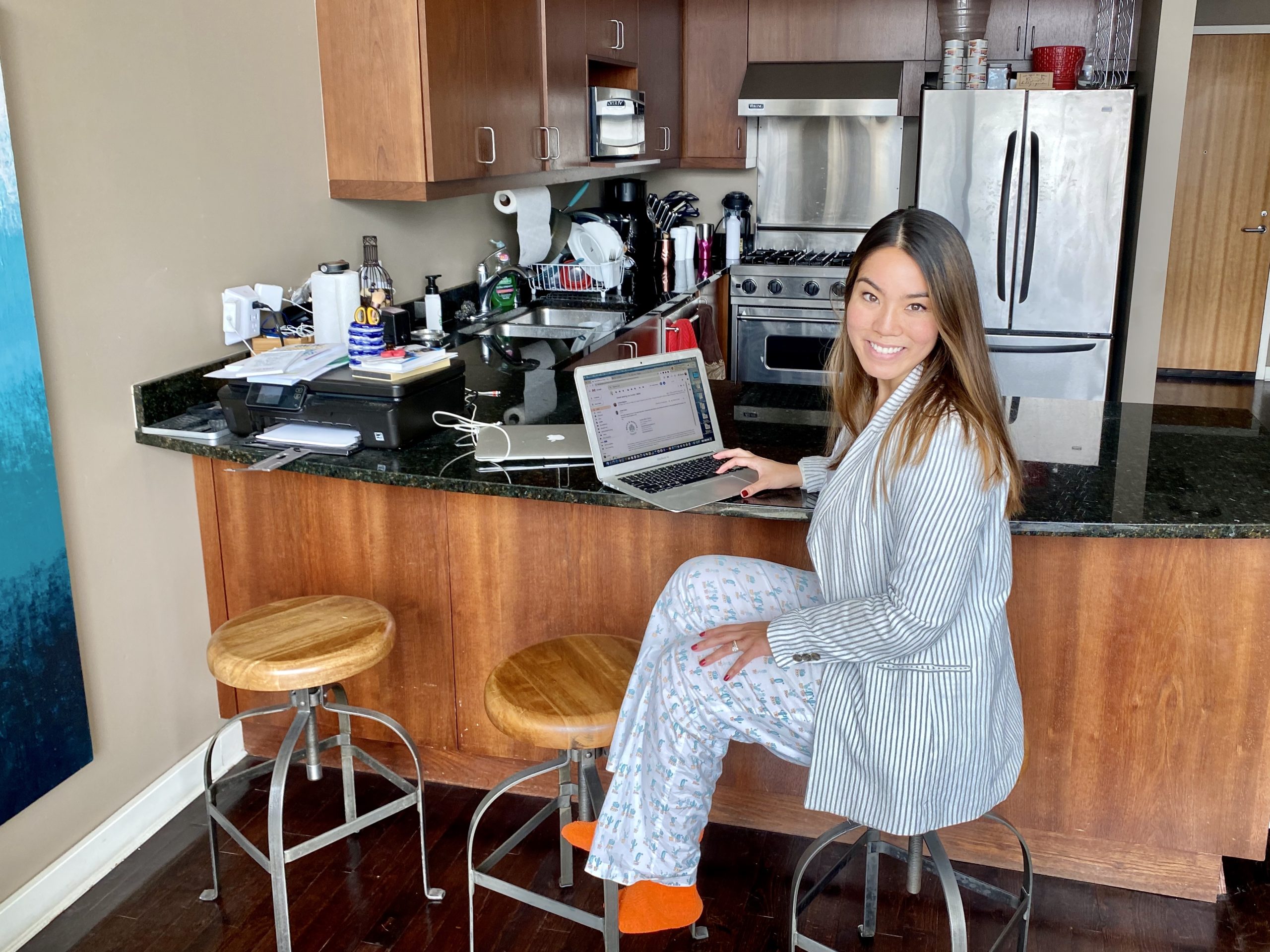
Lindsey S. Mignano
Partner, Smith Shapourian Mignano
San Francisco
Type of law practice:
Business law
Years in practice:
Nine (four at a small firm)
How have you adapted to sheltering-in-place?
LM: We’ve been a virtual law firm since 2016, so things haven’t changed much. We were all set up already. We have everything in the cloud, online. We haven’t had a problem with the work-from-home transition.
We’re millennials. We grew up on computers. We have no problem working without secretaries.
We’re serving venture-funded startup types. They’re either our age or older but tech-savvy. We’ve been advising clients about PPP (Paycheck Protection Program loans) and various grant options.
How are you handling socially distanced business development?
LM: Our biggest generator is speaking in-person or on webinars. We’ve been more active on the blog because we’ve had less billable work. I blog twice a week. We don’t get a lot of business that way. It’s more about Zoom presentations, where people can see us talking about something we know a lot about. We were blogging more than we’ve ever had, with almost weekly coronavirus-related updates. That’s all anyone wants to hear about these days.
Give an example of something good that’s come out of this crisis.
LM: I used to do a lot of business development in-person – breakfast, lunch, dinner, and happy hours. For me, it’s a pleasant change. I don’t have to see anybody I don’t want to see.
I get up every morning and meditate, exercise an hour every day. I’ve been journaling, doing yoga, going for long walks three to five miles every day. Healthwise, I’m in the best health and best shape of my life. I’ve been working with a dietician/nutritionist. Because I have been staying home and not going to these events and not eating out I’m able to follow the rules. I’m eating less and drinking less.
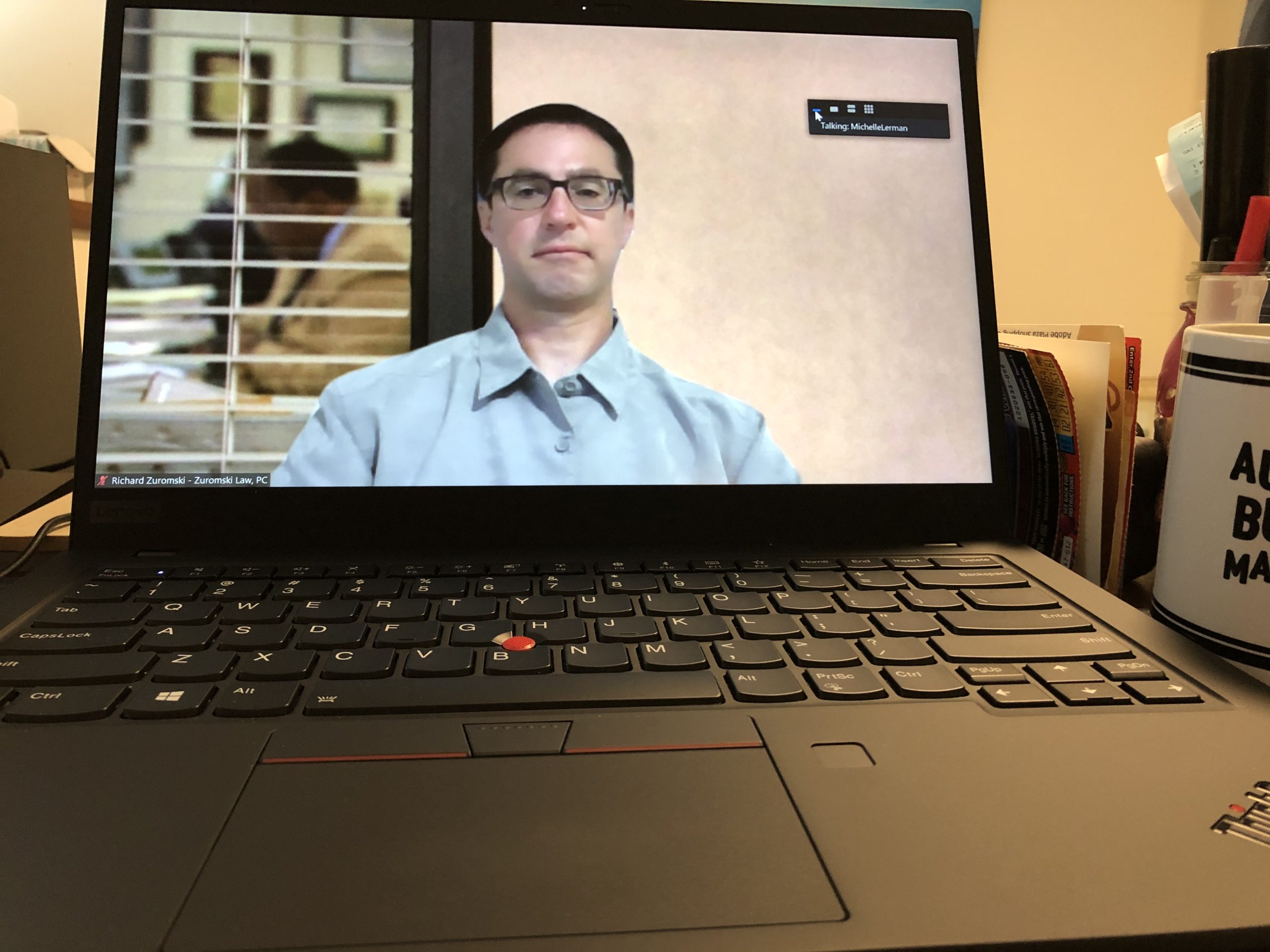
Richard J. Zuromski
Zuromski Law Office
Pacifica
Type of law practice:
Business litigation and counseling
Years in practice:
Seventeen (six as a solo practitioner)
How has your practice changed?
RZ: I started as a virtual law firm. Other than court appearances, nothing really changed that much. In the type of work I do I don’t often see clients in person. It didn’t make much difference to me. Now I might see them more because everybody knows how to do Zoom.
I work with a lot of restaurants and retail. I do commercial litigation and commercial real estate type work. The majority are struggling. They’re the folks out there trying to get PPP loans or trying to see how they can work with their landlord to modify their leases. They had someone breach a supply contract or purchase agreement allegedly because of the COVID-19 problem. Those are the cases.
How are your clients’ struggles affecting your business?
RZ: Some are a little behind (in their payments). Just like a landlord and a tenant needs to work together, the attorney and client need to work together. That’s why you have to be careful in selecting clients. Be careful to make sure you’re helping people and not hurting yourself. I’m a small business person. I have a family to feed. At the same time, my goal is to help.
How are you keeping the business development pipeline going?
RZ: Because we’re not doing in-person networking I’m doing twice as much online networking. Zoom calls with the bar association, for example. I’m on one or two calls literally every day. We exchange ideas about how we’re handling the downturn, issues that are coming up. It’s nice to check in with other people who are having the same problems.
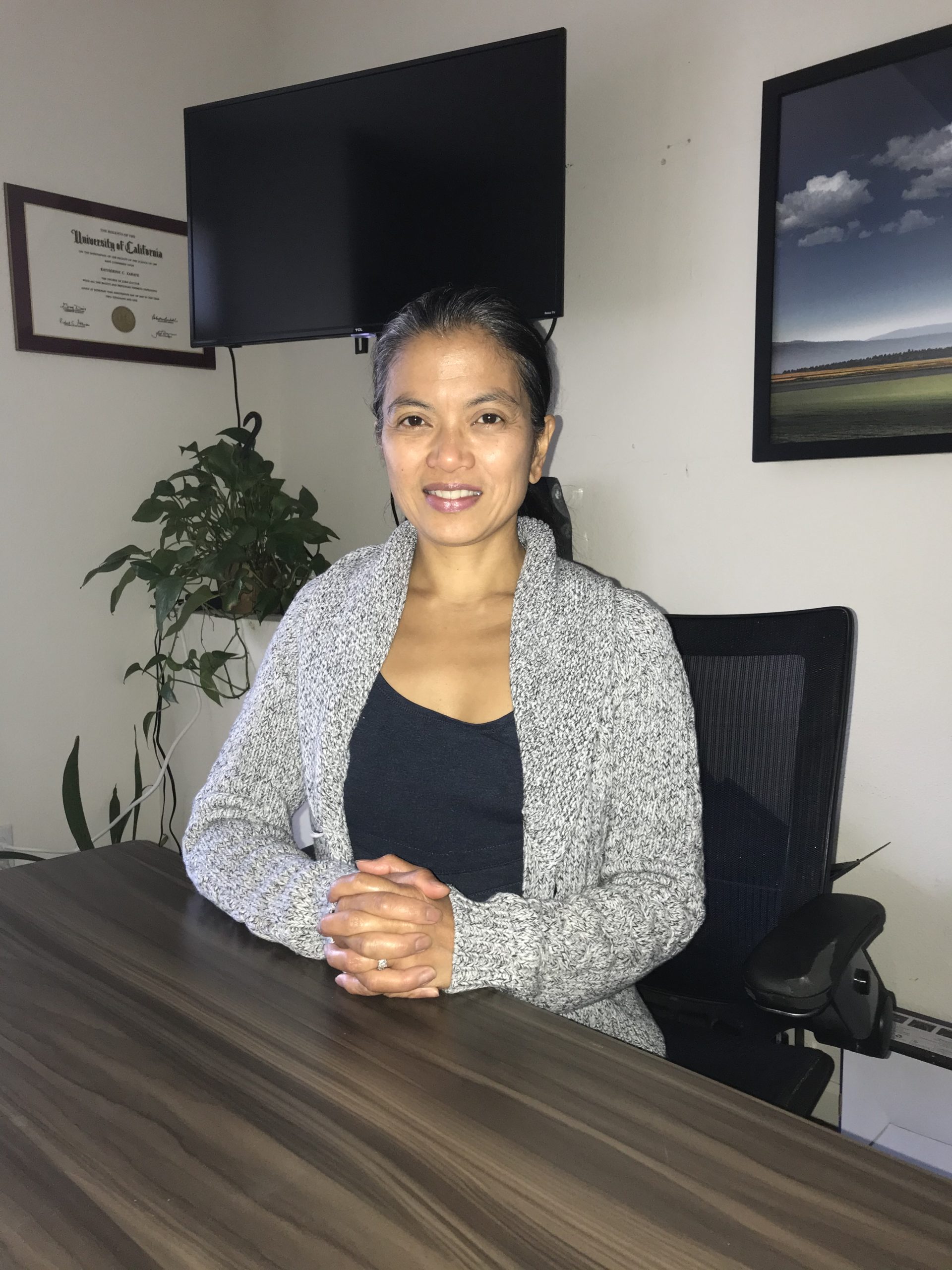
Katherine Zarate Dulany
Zarate Dulany Law
Daly City
Type of law practice:
Employment law and workplace investigations
Years in practice:
Nineteen (six as a sole practitioner)
What’s one challenge you faced and how did you overcome it?
KD: My husband also has a business of his own. He also was primarily home-based. When this happened we had to figure out how to split the responsibilities for distance learning (for two children, ages 6 and 9). It’s taken a while. It’s almost like musical chairs. We have to take turns being the point person—for six hours on most days. We’ve found that just having a schedule, having a routine, having things the kids can work toward, helps.
How has your client work changed?
KD: During the first few weeks, I was able to be proactive about the Families First Coronavirus Response Act. I was telling my clients this is big. It was hard because it was in the middle of everything just crashing. That’s when I had the stamina to wake up at 4 a.m. and figure out what was going on. That felt very rewarding to me, to be able to give my clients a heads up early on, figuring out what employers can do. A lot of the options weren’t great.
It was nice to be able to help clients who were just confused and they had every right to feel shocked and confused and worried. There were no black and white answers to a lot of these questions. There were some gnarly questions. There were some off-the-wall questions. There are going to be more.
Was there anything that surprised you?
KD: A great eye-opener is how collaborative our solo and small firm community is. I’ve been able to cherish all the friends who people outside of our world would consider as competitors. We are asking each other questions and sharing responses, feedback, resources.
Give an example of something good that’s come out of this crisis.
KD: One of the soft successes has been the ability to maintain sanity and positivity and gratitude. Right now I feel that we’re in a bubble and it’s a safe bubble. It’s easy to predict. You stay home and you stay safe. I go to the grocery store and I arm myself as if I’m going into warfare. It’s more of a mental success to take what is a horrible situation and make it positive. It’s crazy how this whole situation has unlocked so many things I didn’t know about my own neighborhood. Before this, I was always trying to get out. I now realize it’s actually a gem. This past weekend we literally found San Bruno Mountain. I knew there was a park there, but we found a trail that goes to the top of the mountain. It’s a reserve with beautiful hiking. We went to the top and we saw the East Bay. We saw the Pacific Ocean.
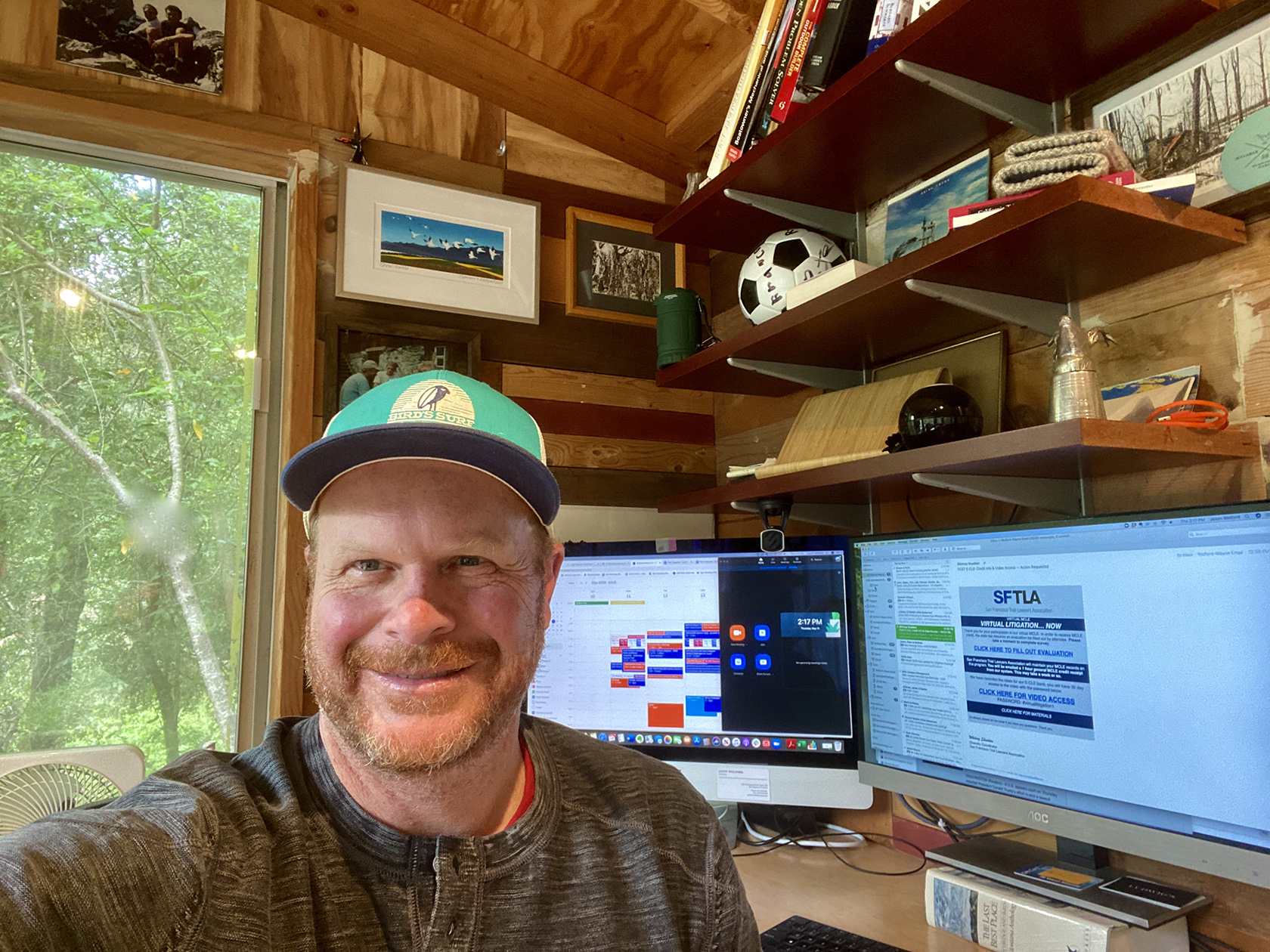
Jason Wolford
Partner
Wolford Wayne
San Francisco
Type of law practice:
Tenant’s rights litigation
Years in practice:
Twenty-two
How have you adapted to sheltering-in-place?
JW: We’ve had our entire team (of seven, including three lawyers) working remotely since a few days before the lockdown was announced. We-either my partner or myself or a paralegal-will go into the office once a week to check the mail and water the plants, etcetera. We’re learning how to do it. We’re trying to take advantage of Zoom to have our weekly case calendar meeting on Monday of every week.
What are the challenges you face?
JW: We used to have a lot of in-person consultations. Having to communicate with tenants over the phone and Zoom makes it a little more difficult to get the full story and get documents, etcetera. Since the courts have reduced their calendars, the affirmative lawsuits that we have in court-that we have filed for wrongful eviction -are not getting heard. Defendants and insurance companies seem to be using the moment to slow things down.
What is the impact on your clients?
JW: Tenants fighting habitability problems who are still in their homes are suffering a little more because of it. In cases where a landlord is trying to evict them, they have some refuge here. If tenants can’t pay due to COVID they can enter into a payment plan. There’s no eviction unless there’s a safety issue.
What are the prospects for resuming work that can’t be done remotely?
JW: We are anxious to get back to quote-unquote normal if and when it’s safe to do so. We’re envisioning in all likelihood it’s not going to be a barn door opening. We’ll need social distancing. Our foremost concern is the safety of our employees and our partners. Also the safety of clients. Some are elderly and disabled. We’ll have to figure out a protocol for engaging clients in a different way. Many aren’t comfortable with Zoom. They’re not super comfortable with computers. We’re going to have to balance that.
How are you and your family adapting at home?
JW: I have two kids, both in high school. One’s a senior. He’s the one most affected. No graduation, no prom. All that fun stuff is not there. But if that’s our biggest complaint I count myself very lucky.
One of the funny things I’ve noticed, I had not worn my normal shoes in two months. I put them on. I think my feet are changing. My shoes don’t fit quite the same.
Saja A. Raoof
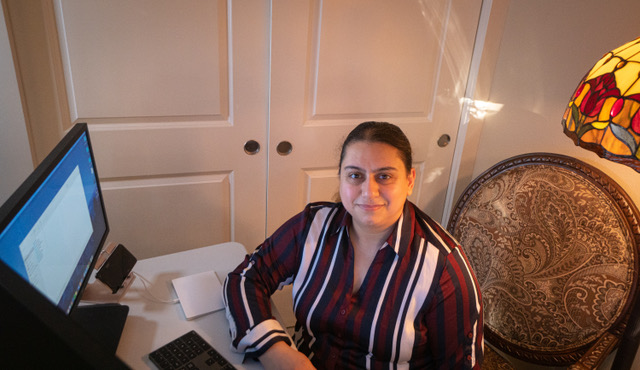
Saja Raoof, Inc.
Of Counsel, Philip Levin and Associates
San Francisco
Type of law practice:
Immigration law
Years in practice:
Sixteen
How has your practice changed since the pandemic?
SR: I’ve actually been very busy since the pandemic started, counseling foreign nationals and the companies that employ them about work visas. These are people who are already in the U.S. I’ve also been hired by a number of companies since the pandemic started to start petitions. The fact that I have been busy speaks to the legitimate needs that businesses have to continue to hire foreign nationals in this economy. The bread and butter of my practice are nonimmigrant visas, like H-1B, L-1 and TN visas, and employment-based green cards.
How are you personally coping with uncertainty?
SR: I remind myself that it’s important to put things in perspective. My challenges pale in comparison to people who have lost loved ones to the pandemic. And our clients who are facing the public health and economic consequences that everyone is dealing with, plus the immigration repercussions. Reminding myself of that energizes me to do my best and persist.
Since I travel quite a bit I was already set up for working remotely. My clients are almost all tech-savvy. We were already comfortable using email and video conferencing. On that front, it hasn’t been as challenging for me as for my colleagues who litigate or need to visit their clients in prison, for example.
How are you managing to keep work and personal life separate?
SR: I have been maintaining a structured schedule. I have defined my work hours and rest hours. Instead of taking the ferry from Larkspur to SF, my commute is between the living room and the study. In the study, I only work. In the living room, I only relax.
Give us an example of something good that’s come out of this crisis.
SR: I think the legal profession has really come through for its clients and come up with innovative ways to meet clients’ needs. I know an attorney, Don Pangilinan at my of counsel’s firm, who wakes up at 3 a.m. every morning to get work done before his kids wake up.
In the immigration arena, since the day immigration lawyers flooded airports to help foreign nationals affected by the Muslim ban in early 2017, we’ve been engaged in a very important struggle for our clients. And we continue to be persistent and resilient.
Laura Ernde is a San Francisco-based communications consultant. She has covered legal affairs for more than a decade, as a journalist and former editor of the California Bar Journal.




